Buying property in Ireland as a foreigner
The essential guide to buying property in Ireland as a foreigner, including property prices, where to buy, mortgages, fees and more.

Spain is an extremely popular destination for British expats looking for a pleasant climate, high standard of living and of course, delicious food. Whether you’re thinking of working in one of Spain’s major cities such as Madrid, Barcelona or Valencia, or retiring to the Spanish coast, you’ll need to find somewhere to live.
While renting in Spain is definitely an option, many foreigners choose to buy property if they’re going to stay in the long term. Over 75% of people own their homes in Spain,¹ and the large expat communities scattered throughout the country means that a high proportion of real estate is already foreign owned.
Traditionally, Brits have been the largest single group of expats investing in Spanish property, and this has continued even in the wake of Brexit-related changes. In fact, around 8% of foreign-owned homes in Spain were in British hands in the 2nd quarter of 2022.²
If you’re thinking of joining the many British expats enjoying life in Spain, read on. We’ve put together an essential guide on buying property in Spain for foreigners, including all the important info you need to know. So let’s get started.
Please see the Terms of Use for your region.
The Spanish property market was hit hard by the global economic crisis of 2007-2009, and the recent coronavirus pandemic has also had an impact. But despite these setbacks, the housing market in Spain is growing, as are the average prices. Figures suggest that compared to November 2022, the average housing price has increased 7% within a year.⁷
Furthermore, the average price per m2 in Spain has passed the 2,000 €/m2 in August, 2023, with a trend of rising even higher.⁷
There are no special requirements or paperwork for foreigners wishing to buy property in Spain, so you shouldn’t have any issues. In fact, foreign investment in Spanish property was traditionally encouraged by the government.
All you need is a financial number (NIE), which you can get by popping into a Spanish police station and presenting your passport. However, for non-EU citizens like buyers from the UK, it can take a few weeks to get this number.
There’s even a special Golden Visa scheme for foreigners. Through this program, you can get a residency visa if you buy a Spanish property worth more than £500,000.
The good news is that even now the UK has officially left the EU, British expats still have the right to buy property in Spain.⁴
The costs and the process should be broadly the same as before, and UK citizens may also want to take advantage of Spain’s Golden Visa program.
If you’re thinking of buying a property in Spain, the price you pay will be influenced significantly by where you want to live.
Some of the most expensive properties in the country can be found in Barcelona, with Madrid city centre prices falling a shade below this. However, if you want to live in the capital on a budget, you can decrease your housing costs considerably by looking to the suburbs instead of the city centre.
In other areas of the country, such as the coastal regions, the wide variety of different housing on offer means you can find something to fit pretty much any budget.
Let’s take a look at roughly how much buying property in Spain costs per square metre, in different regions of the country:⁵
| Region | **Property price per sq.m ** |
|---|---|
| Catalonia | €4,473 |
| Community of Madrid | €4,269 |
| Basque Country | €3,112 |
| Balearic Islands | €2,549 |
| Navarre | €2,155 |
| Cantabria | €2,116 |
| Aragon | €2,087 |
| Andalusia | €1,972 |
| Region of Valencia | €1,939 |
| Galicia | €1,795 |
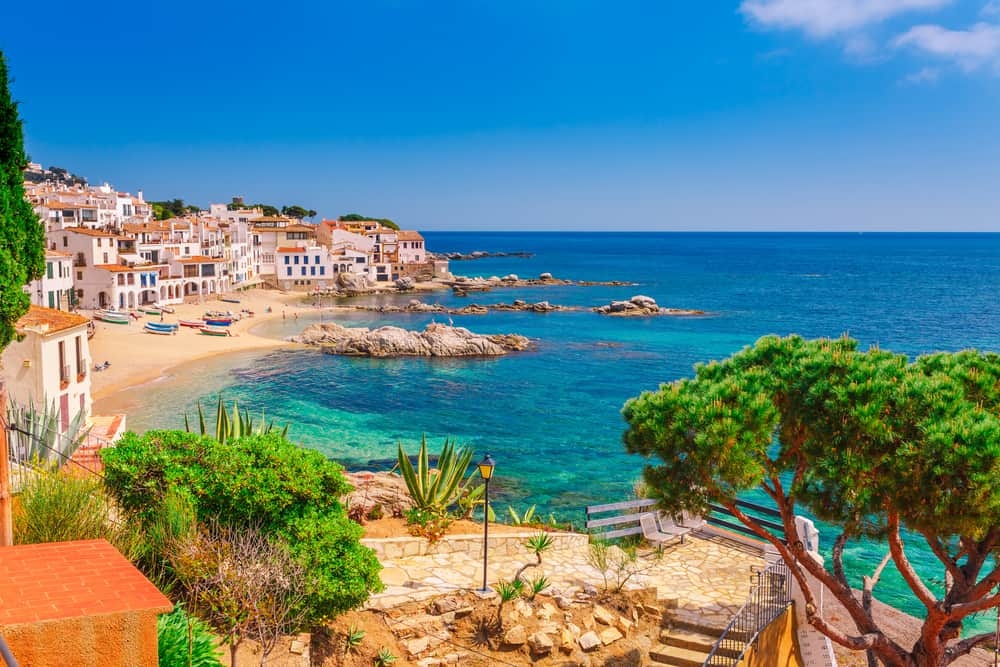
Nearly ready to start your property search? Here’s some destination inspiration, based on the most popular places to buy property in Spain among UK expats:
There are several avenues you can take to find a property in Spain:
An estate agent, if used, generally works on behalf of the seller. The estate agent fees are likely to be around 3% of the price of the property³, and are usually paid by the seller.
If it’s the first time you’ve bought a property in Spain, then a specialist buying agent or broker might offer helpful advice and insight into the local market. However, there will usually be a fee to pay for this service, and you should make sure you’re clear on what you’ll get for your money, as both the packages and prices can vary considerably.
The best way to get a head start on finding a place to buy in Spain is to look online. Great websites to find a house or a flat to buy include:
One of the main things to watch out for when buying property in Spain, or in any foreign country, are scams.
To avoid scams and other pitfalls, make sure to get local advice and recommendations for a broker. You should also check for membership of a professional body when working with any property experts, brokers or agents.
The API (Agente de la Propiedad Inmobiliaria) is an association of Spanish realtors, which works in regional chapters based across Spain. Choosing an agent in your local area who holds this membership should make sure you don’t fall foul of any scammers.
Other important things to remember include:
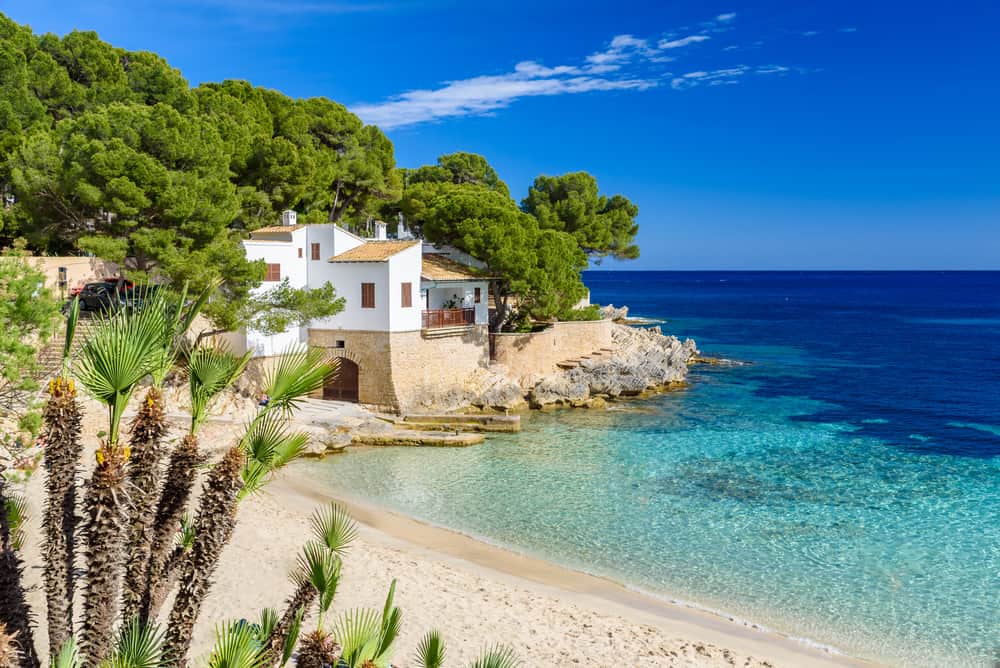
Spain has a well-developed real estate sector. This means you'll have a wide choice of apartments, houses or even land if you want to build your dream home yourself.
Naturally, you'll find more flats available in built-up areas and cities, with houses and villas more readily available in newer developments in the suburbs, and in towns and villages.
You'll find a good mix of older properties and new build condos in the cities, while the coastal towns - popular with those looking to retire in Spain in particular - also have a good mix of new apartment complexes and villas, and more traditional style homes once you move slightly away from the seafront.
It’s a smart idea, though not required by law, to get a survey done on any property you choose before you commit to buying it. This isn’t actually the norm in Spain, but some houses, in particular those over about 15 years old, can have hidden problems which are costly to fix.
Construction standards in Spain have improved greatly over recent years, and new structures are built to the same standard as anywhere else in Europe or North America. Older homes, however, may not have been built to quite the same meticulous standard. To double-check this, you can find a surveyor online, or ask for recommendations from local connections.
The notary has an extremely important role in house sales in Spain. They will prepare the contracts and make sure that they comply with local laws.
However, you’ll also need your own property lawyer to help with other aspects of the sale, such as ensuring the person proposing the sale is actually the legal owner of the property, and that there are no existing debts listed against the property.
This is especially important in Spain, as debts are attached to the property and transferred with the ownership.³ If there’s an outstanding mortgage on the place in the previous owner’s name, you could find yourself liable for it if you don’t check this properly.
When choosing a lawyer, make sure they are registered with the local bar association (Colegio de Abogados).

Unless you have the cash upfront, you’re likely to need a mortgage to finance your Spanish property purchase.
You can buy a property in Spain with a mortgage from a Spanish bank, but you’re likely to get a lower loan-to-value (LTV) rate than local residents.³ This means you’ll need a larger deposit.
It’s a good idea to start shopping around for mortgages before starting your property search in earnest. You might want to use a broker, who can help you find the right mortgage for you. Simply having someone on your side who speaks Spanish and really understands the system can pay dividends.
It’s normal to pay a deposit of 10% on your property.⁶ It’s important to ensure that the initial contract you sign (Contrato privado de compraventa) with the seller includes an arras agreement.⁶ This means that if the seller subsequently withdraws the agreement you’re entitled to double your deposit money back.
All property purchases come with extra costs attached, so it’s important to factor these fees and taxes into your overall budget:³
If you’re not yet in Spain, you might have to pay your deposit from abroad. This might mean making an international money transfer to cover the deposit amount.
If you’re sending a large amount of money overseas, do it securely and for tiny fees using the Wise account from the money services provider Wise.
Wise uses sophisticated security and anti-fraud measures and could work out to be a cheaper solution than your bank because Wise uses the mid-market exchange rate with no mark-up to convert your money – you’ll only pay a small, upfront currency conversion fee, and there are no hidden fees.
Learn more about sending large amounts with Wise 💰
Please see the Terms of Use for your region or visit Wise fees & pricing for the most up-to-date information on pricing and fees.
Buying a property is a big and exciting step, but navigating the system in a new country can be a challenge. Luckily, buying your dream home in Spain should be fairly straightforward if you follow the advice and steps in this guide, and source the right local help if you need it.
Good luck with finding, buying and settling into your new home in Spain!
Sources used for this article:
Sources checked on 19-Dec-2023.
*Please see terms of use and product availability for your region or visit Wise fees and pricing for the most up to date pricing and fee information.
This publication is provided for general information purposes and does not constitute legal, tax or other professional advice from Wise Payments Limited or its subsidiaries and its affiliates, and it is not intended as a substitute for obtaining advice from a financial advisor or any other professional.
We make no representations, warranties or guarantees, whether expressed or implied, that the content in the publication is accurate, complete or up to date.

The essential guide to buying property in Ireland as a foreigner, including property prices, where to buy, mortgages, fees and more.
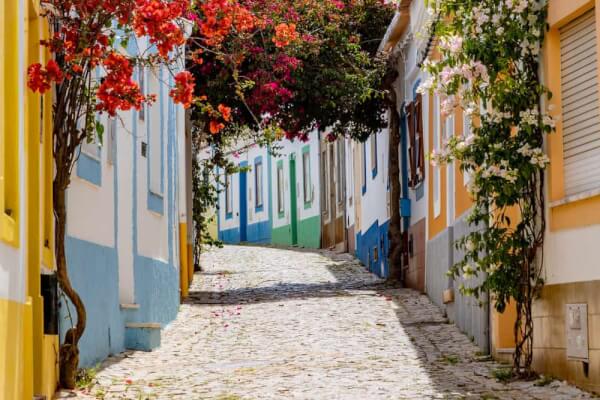
Everything you need to know to buy property in Portugal as a foreigner from the UK. Read about where and how to buy property, average house prices, and more.
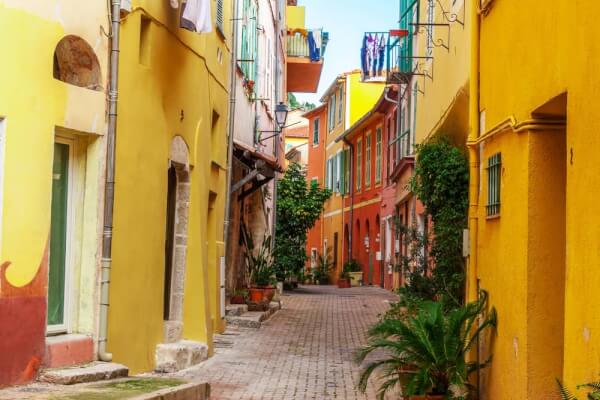
The essential guide to help you buy property in France as a foreigner coming from the UK – from fees and taxes to average house prices.

The essential guide to buying property in Italy as a foreigner, including average prices, best places to buy and key legal information.
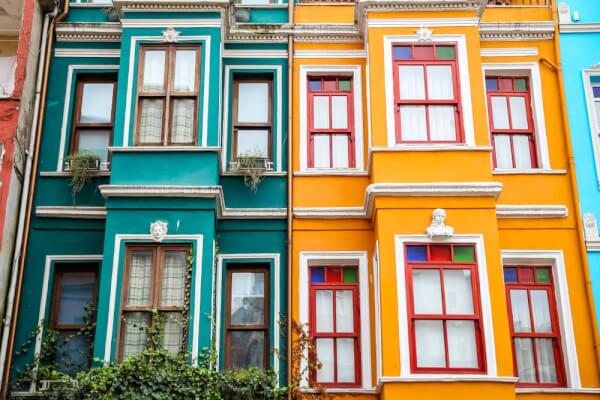
The essential guide to buying property in Turkey as a foreigner, including property prices, where to buy, mortgages, fees and more.

The essential guide to buying property in Ibiza as a foreigner, including property prices, where to buy, mortgages, fees and more.